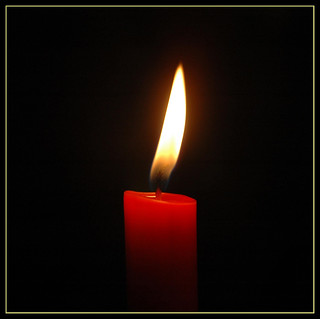Editor’s note: The New York Times reported yesterday that the war in Afghanistan has now caused 2,000 deaths of US military personnel.
The news hit like a thud. My son, a Marine Captain stationed in Norfolk, VA, called to say his best friend Pat Feeks, a Navy Seal, had been killed in a helicopter crash in Afghanistan, one of 2,000 heroes lost since the war began. It was, and still is, hard to take in. Pat was the same age as my son, 28. They had been friends since Navy Sea Cadets in junior high. They were in high school during 9-11 and part of the generation that joined the military because of it. Pat had been to our house many times. We saw him last December, just before he went to Afghanistan. He had done two tours in Iraq, and his wife Emily, also military, and had just returned from Afghanistan.
My son, other friends and Navy Seals immediately went to the family home to help in any way possible. They went to Dover, Delaware Sunday morning with the family to receive Pat’s body. I thought how strange it was that while many vacationers were enjoying the sand and surf on the Delaware beaches, a plane was flying overhead carrying his casket to Dover. It is a sad reminder of the continuing sacrifices of a just one percent of our population on active duty or the reserves.
On Monday morning, I received a call from Cindy Ryan, our Service to Armed Forces manager of the Chesapeake Region of Red Cross in Maryland. She was on her way to visit the family, picking up a Red Cross Board Member, a former Marine, to go with her. They had made this trip to visit families of the fallen far too frequently, and she spoke with the authority of someone who knew just what to do. “We don’t call first because families in these circumstances often don’t answer the phone,” she said, “we just go.”
Cindy had done her homework on the family, searching websites for details. She knew they were a Navy family and that Navy Seals take care of their own. But she said, “We will fill in the gaps. We will attend the services, help them get hotel rooms, buses to transport people, or a VFW hall donated. If anything comes up, we will get it done.” She added, “Once it’s all over, and it gets real quiet for the family, we will still be there to provide emotional support and connect them with other families who have suffered a loss through our Red Cross White and Blue program.”
I felt so relieved she was there and so proud to be part of an organization that quietly takes care of these families. It may not be well known, but it truly is one of the most beautiful parts of our Red Cross mission.

